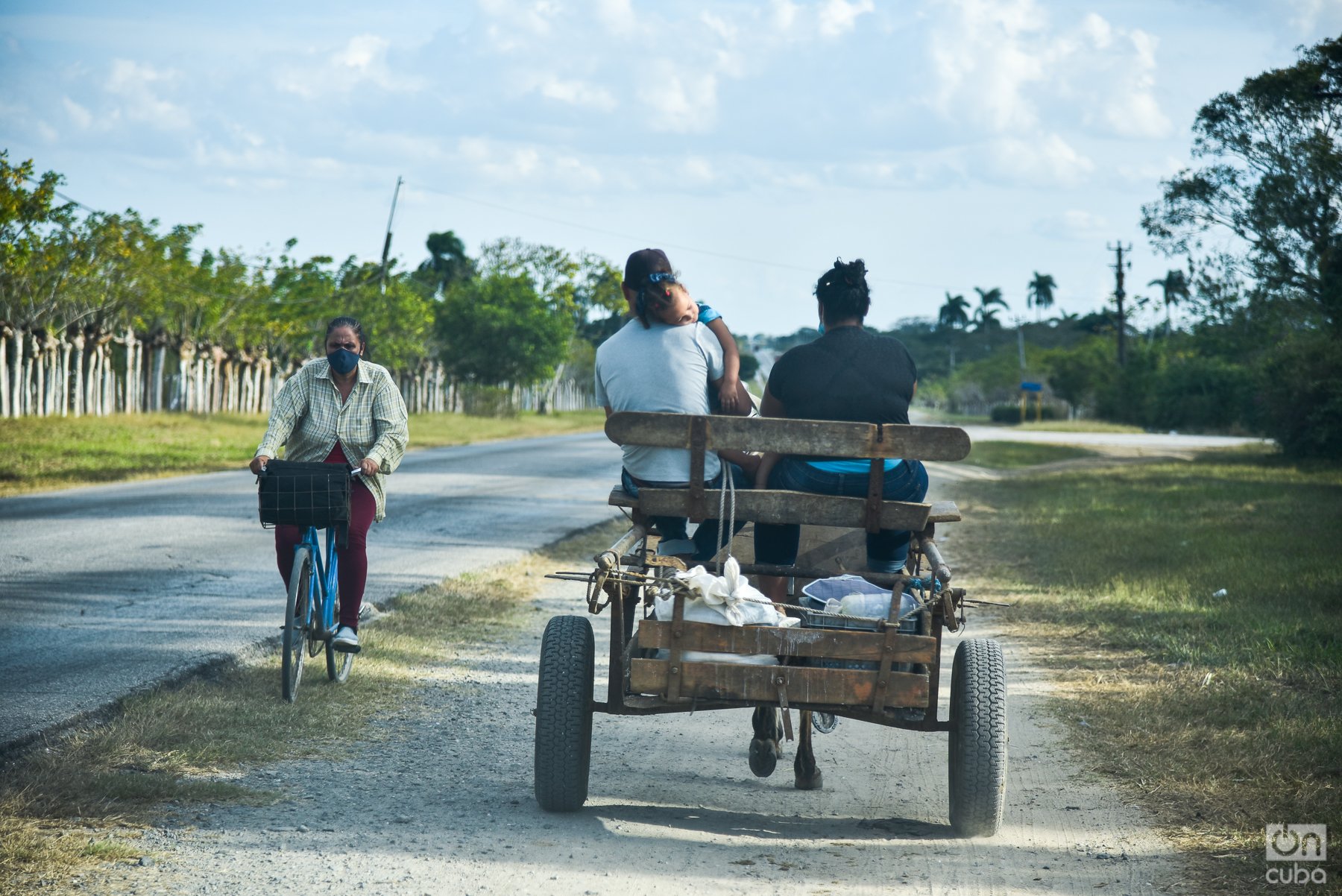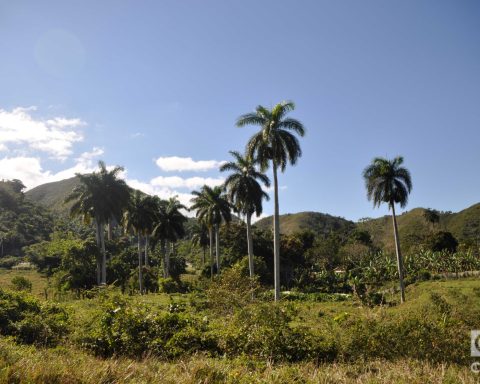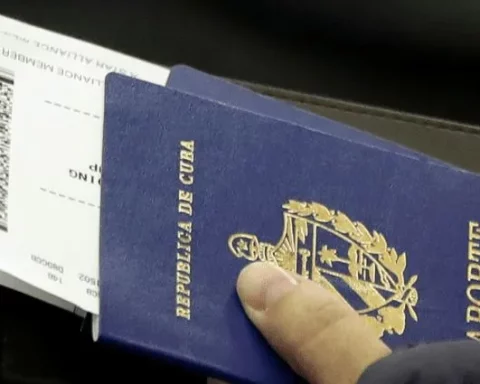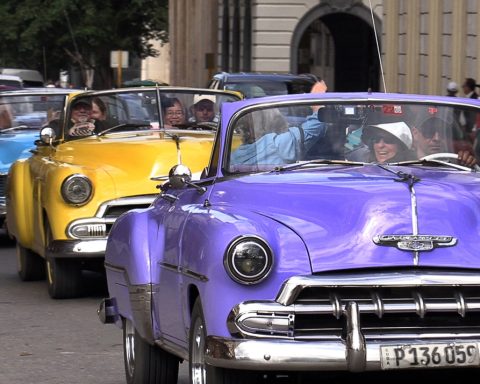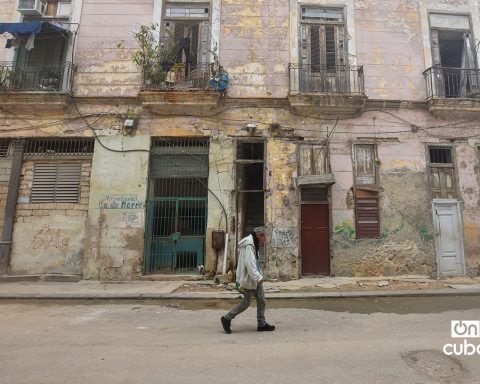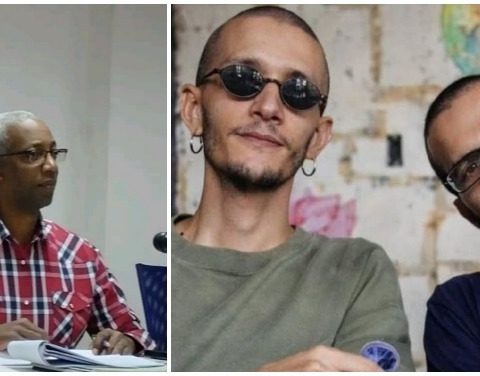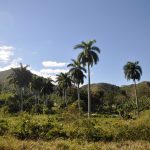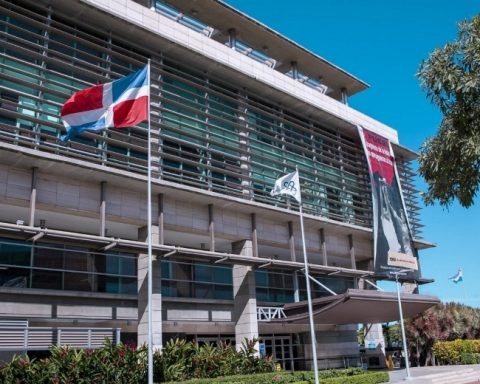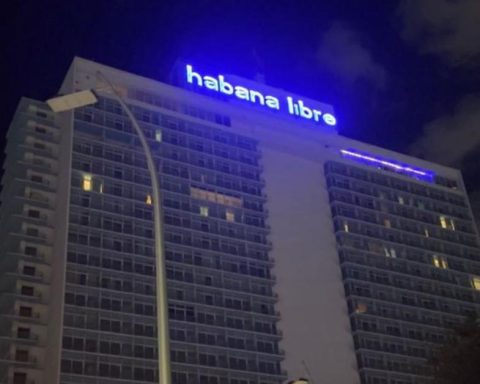She said her name was Talía and that she was “over 21 years old”, although her thinness led her to believe that she was younger. That night she —like others?— She wandered around the La Caridad bridge and the roundabout, one step away from the accomplice solitude of the Casino Campestre park, in Camagüey.
In principle, he did not offer sex for money; at least not clearly. A brief conversation and some laughs with the “bicitaxeros” parked in a nearby piquera indicated to me that I was not a stranger to the place. With sarcasm, one asked him how he had “the package today”.
After a while he came back under the pretext of lighting a cigarette and sat on my bench for a few minutes. They were enough for me to learn bits and pieces of his life: that he was from a small town in Las Tunas, that his family there did not agree with what “he is”, that his parents were not “to blame”, that “when he was a boy” they did not They liked things as a girl but the “normal”…
By then, a colleague of hers had already left with a client and she was still unsettled by the passing of the few cars and passers-by in the area. I, who had approached the place trying to find a new edge on the new Family CodeHe barely interjected any questions. “And the police don’t bother you?” was one. “Not for this, but for the other, yes”, she told me without further explanation; “The other”, she supposed, would be prostitution.
According to Manuel de Jesús, an evangelical missionary with whom he had spoken that afternoon, Talía’s greatest sin would not be in selling her body, but in “sodomy.” This is how he had emphatically explained it to me, that afternoon, in the middle of a long reflection about the dangers of “going against the original family”. “What society are they proposing, seriously can anyone think that children who grow up with two fathers or two mothers will be ‘normal’?”
Nearing thirty, his life project involves marrying a “sister of faith and forming a Christian family,” he confessed. Her ideal world would be one in which her children could attend a school related to their religious orientation, without the need to be exposed “to gender ideologies or issues that are under debate, such as the theory of evolution.”
Despite the fact that in the city of Camagüey the Catholic Church enjoys a greater ascendancy than in other regions of the Island, here it has been the Protestant denominations that have led the campaign of questioning the Code project. At least in the communities. In recent months, Manuel de Jesús and his mission brothers added their defense of the “true” family to their traditional preaching in search of new souls. They found an echo in many people, “even in some who were not ready to entrust themselves to God, but who in this matter share what we say,” he assured.
Predictably, on the day of the referendum, the proposal will encounter greater resistance on the outskirts of the provincial capital and rural areas. Religious activism will have contributed to this circumstance, but also the traditional vision of parental relationships. Alfredo Murguía, a 50-year-old worker from the Ministry of Public Health, never understood “why they put homosexuality in the project. As I see it, it’s full of good things, for example, the rights it gives to grandparents so they can’t deprive them of their grandchildren, but I don’t think the country is ready to see two men getting married or raising a child alone.” . Recognizing “some form of legal union” for him would be the limit of what was “acceptable.”
In the absence of reliable polls, anticipating Sunday’s numbers is more about guessing than rational analysis. Whatever the case, in urban contexts, support for the Code is anticipated to be conditioned more by cultural factors than by the age or purchasing power of the voters. Those who exercise liberal professions tend to support the new legislation, but in other population groups the rejection and apathy extend through important sections of the population. Another obstacle in the path of the “Yes” is the current of opinion that considers the referendum a kind of political plebiscite.
“There are those who encourage a No vote, just to show that this No can be a popular refusal of the government’s management. I consider that the Code (even with those areas that can be perfected) is a step forward in the conquest of certain Rights that at some point the government itself, which now encourages the approval of the code, criminalized. Definitely you cannot continue dragging with the worst of the past, otherwise we will never touch the fragile border of the future”, reflected a few days ago the playwright Freddys Núñez Estenoz, director of the prestigious company Teatro del Viento and president of the organizing committee of the National Theater Festival , which takes place every two years in Camagüey.
It would be difficult to classify him as a pro-government activist. At the beginning of October he will present “Huevos”, a controversial play about acts of repudiation that completed its first season at the box office in the summer. And on several occasions he has motivated conflicting opinions by his Facebook posts about him. “The Code makes life, I think easier, for a sector of the population in which I include myself,” he detailed, when arguing his position.
The staging in which Núñez Estenoz works is scheduled for 11:20 at night, “due to the instability with electricity”, a situation that in the provinces right now concentrates as much or more attention than the legislative initiative. Among its public —certainly— the supporters of the new legislation prevail.
But beyond the theater doors, the real endorsement of the Code remains to be seen. Even among those who at first seemed called to defend him, like Talía. When I asked him about it, he could barely get his hands on a couple of places to get by. That night her priority was to fight something to catch up on the rent, for which they were already pressuring her. “I don’t know if one day I’ll get married. I honestly don’t have time to think about it.”
